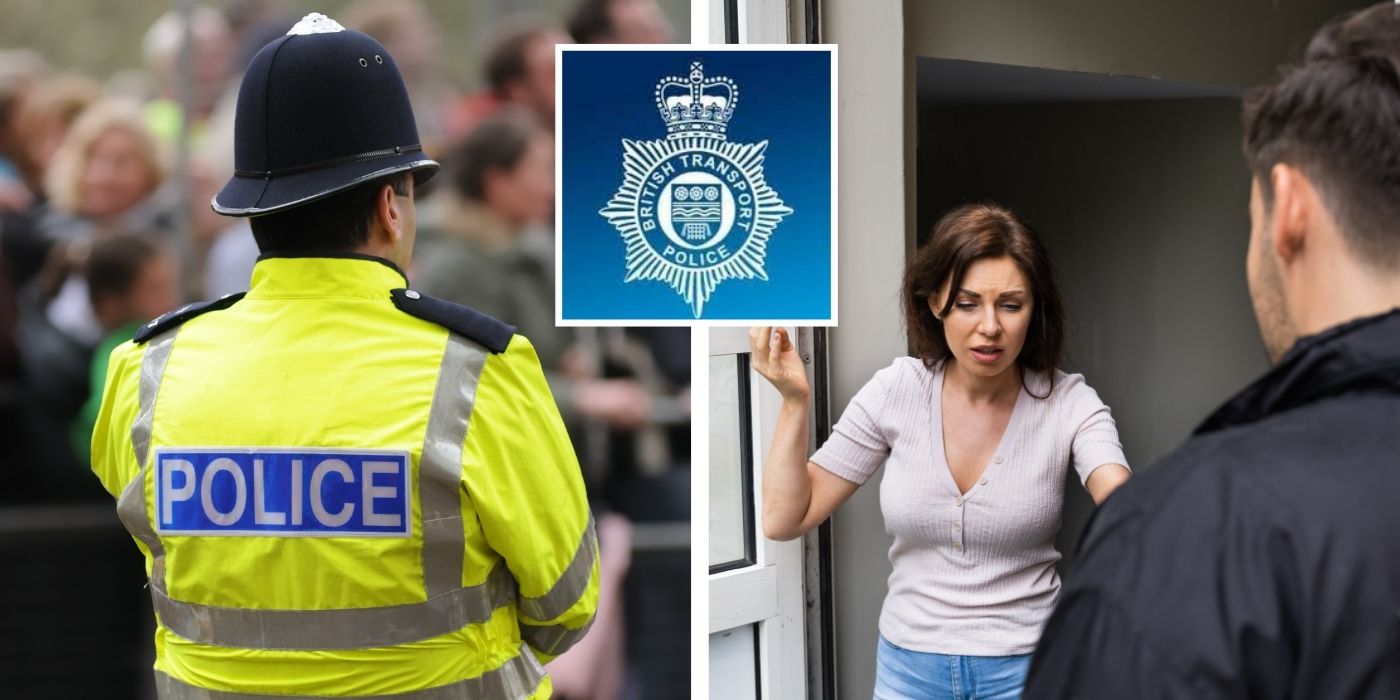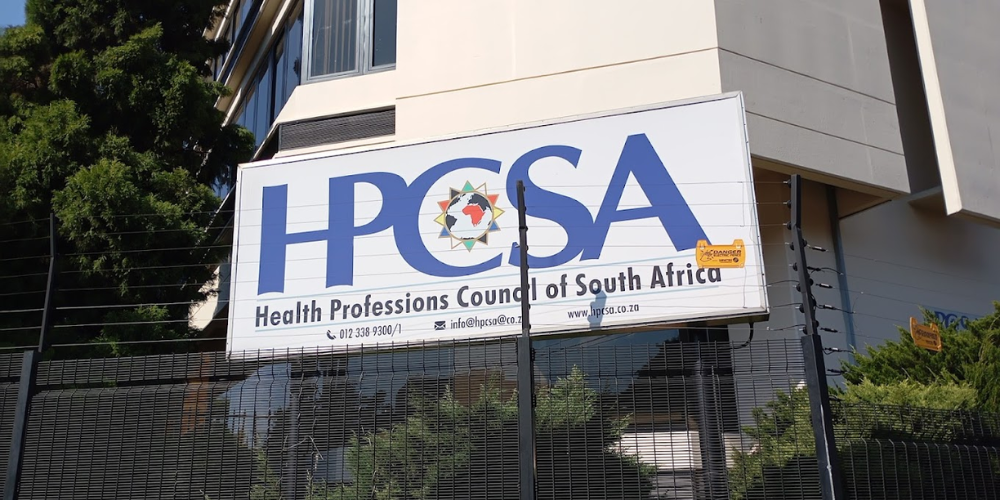SACRAMENTO — A “right” is an “entitlement” that’s not dependent on the whims of authorities. If you have a right to “free speech,” then you can speak as you choose. The courts let the government enforce a few standards, but it wouldn’t be a “right” if government officials got to preview and restrict what you were planning to say.
That’s obvious, especially when it involves activities that are widely supported. It’s hard to find Americans who don’t agree with letting individuals have the widest latitude to speak and protest. But this apparently simple concept gets muddied with rights that are less popular, such as those involving gun ownership.
Last week, a 9th U.S. Circuit Court of Appeals three-judge panel struck down San Diego County’s approach to issuing concealed-carry gun permits, in a case that has statewide and even national implications. Critics of the decision, such as San Diego Police Chief Bill Lansdowne and gun-control activists, argued that allowing more people to carry guns outside their homes increases dangers to the public.
There’s much data disputing that notion, but the case isn’t about the merits or demerits of public gun ownership. The court’s decision focuses on the meaning of this right.
California law allows cities and counties to set their own standards for issuing a permit to carry a concealed weapon. In San Diego County, that power rests with the sheriff. Some counties are permissive, allowing individuals who have no criminal record and meet a few standards to have a permit. But in San Diego County and many urban counties, a person must first prove “good cause,” such as facing a direct threat.
The situation in those latter counties is the opposite of a right. It’s a privilege. In some counties, friends or campaign donors of sheriffs have been able to obtain permits, while average citizens cannot get them. After being denied a permit and exhausting his appeals through the sheriff’s department, Edward Peruta and four others filed suit.
The 9th Circuit judges – relying on two fairly recent and prominent gun-rights rulings in the U.S. Supreme Court (Heller and McDonald) – found that, “The Second Amendment secures the right not only to ‘keep’ arms but also to ‘bear’ them … . (T)he court already has supplied the word’s plain meaning: ‘At the time of the founding, as now, to ‘bear’ meant to ‘carry.’”
Then they overturned the lower-court ruling: “(T)he question is not whether the California scheme (in light of San Diego County’s policy) allows some people to bear arms outside the home in some places and some times; instead, the question is whether it allows the typical responsible, law-abiding citizen to bear arms in public for the lawful purpose of self-defense. The answer to the latter question is a resounding ‘no.’”
This verdict is not the end of the story. County officials will decide whether to seek a review by an en banc panel of the appeals court. Other citizens deprived of a carry permit will need to file lawsuits in their counties. Appeals courts in other parts of the nation have come down on different sides, so the issue probably will go to the U.S. Supreme Court. But it’s still a significant ruling.
“Imagine a law saying you need to convince a government official that you have ‘good cause’ to exercise your right to protest at the Capitol. It’s unthinkable,” said Bradley Benbrook, a Sacramento attorney who filed a brief in a similar New Jersey case on behalf of members of Congress who want the high court to resolve the split among appeals courts.
“The Bill of Rights exists to constrain government action, and it isn’t fair that law-abiding citizens in some parts of the country have to convince their local government that they should be allowed to exercise their constitutional rights,” he added.
So the case isn’t just about guns, but also about what it means for the public to have “rights.” Even Californians who have no interest in carrying a concealed weapon ought to hope the panel’s verdict stands.
Steven Greenhut is the California columnist for U-T San Diego. Write to him at [email protected]




